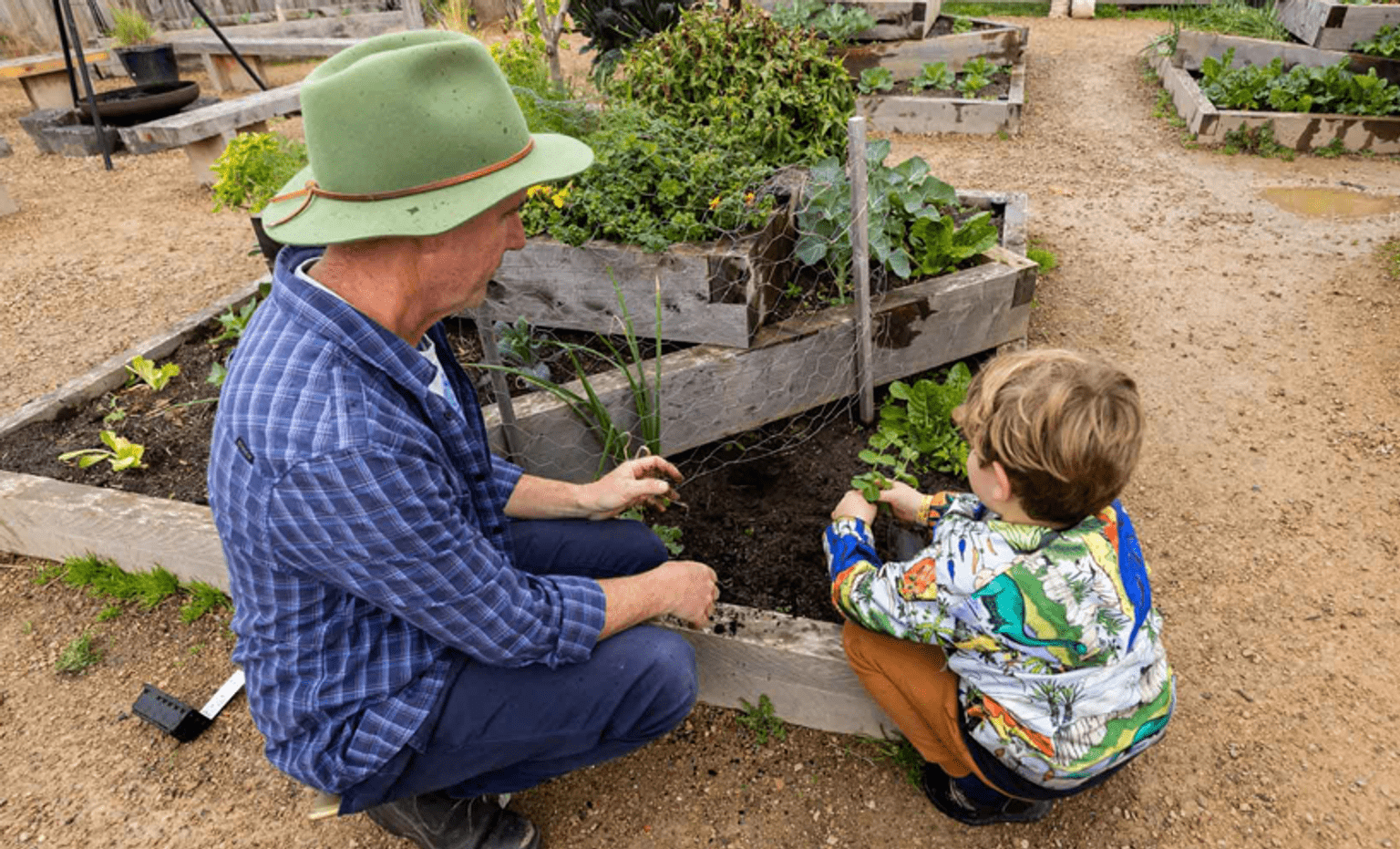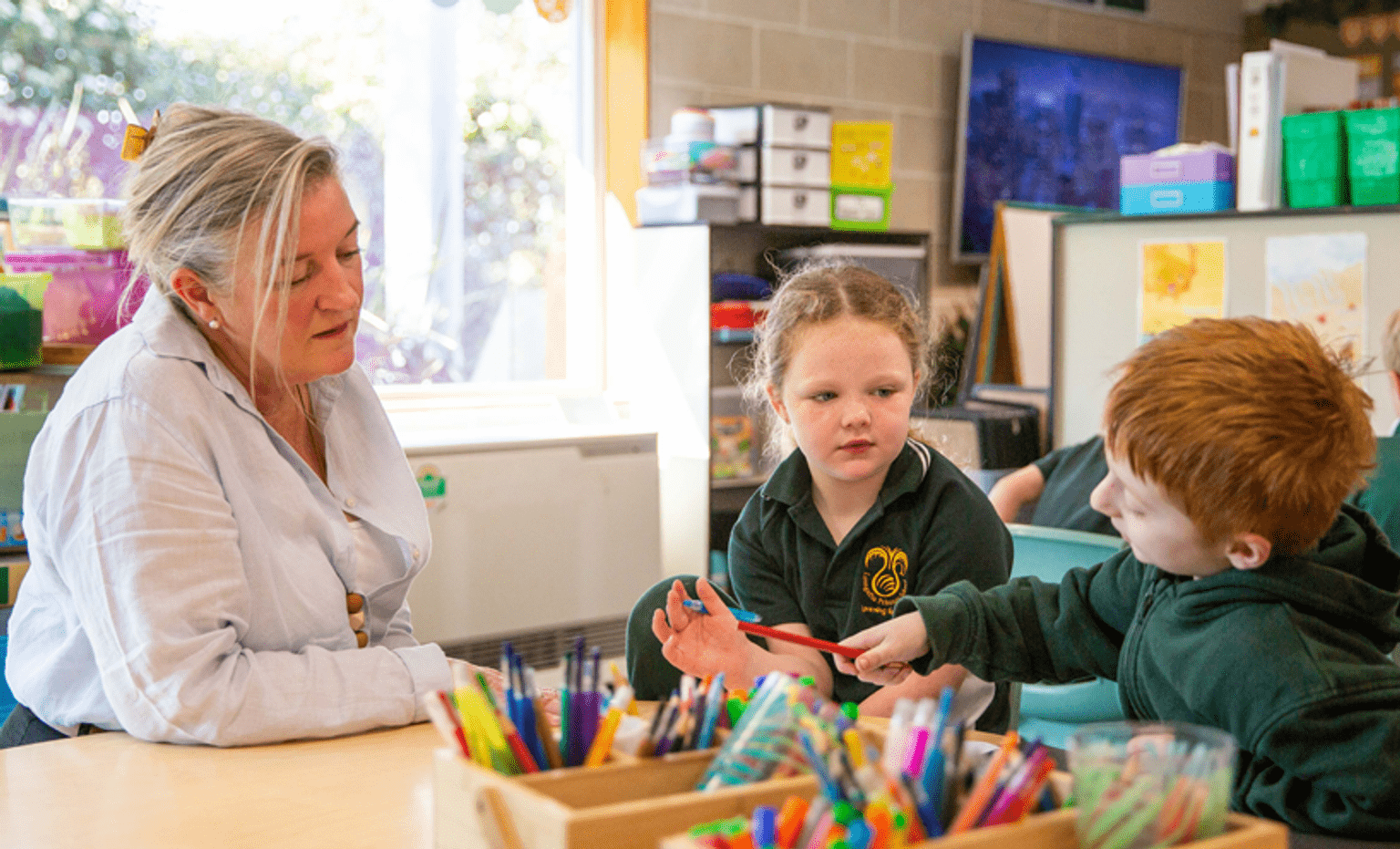For parents and carers

Kinder
Learn how your child can access Free Kinder, understand the benefits, and enrol in program that suits your family's needs.

Schools
Learn about enrolling, navigating zoning, school costs, uniforms, leaving school early and getting involved with your child's learning.

TAFE, training and universities
Find a training course, become on apprentice or trainee and find out if you are eligible for Free TAFE for priority jobs.

Child care
Information on choosing a child care that suits your family's needs, and government regulation of child care centres.

Disability and inclusive education
Information and services for families of children living with disability and additional needs.

Services for parents and carers
Access to family support services such as family violence, child protection, counselling, and community playgroups.
For early childhood professionals

Information and resources for professionals
Support children's learning and development, access funding and find career support.

Become an early childhood teacher or educator
Discover everything you need to begin your career in early education. Essential information on study pathways, career options, scholarships, and financial support programs.

Career opportunities and support
Find job opportunities, financial incentives, professional development, and essential resources for your career in early childhood education.
What we're doing to support the early childhood workforce
The Victorian Government is investing almost $370 million to attract and support high-quality early childhood teachers and educators.
For teachers and school staff

Information for schools
Access resources to support Victorian school staff, including policy information, HR services, professional development, and teaching materials.

Become a teacher
Find out why you should become a teacher, find a course or learn more about opportunities for current teachers.

Information and supports for graduate teachers
Kickstart your teaching career with financial incentives, access to comprehensive support, professional development, and networking.
How we're supporting the schools workforce
Find out what's happening in Victoria to better attract, retain, and support teachers.
The work we do

Early Learning Victoria
We're opening 50 new early learning and childcare centres across Victoria. These will be government owned and operated, providing long day care and integrated kinder programs.

The Best Start, Best Life reforms
Learn more about the biggest changes to Victoria's early childhood education sector in a generation.

Your world. Your VCE.
Secondary school options have expanded to include VCE, VCE Vocational Major and Victorian Pathways Certificate.

Safe Socials
Information for schools, parents and students to support safe and positive online experiences for children and young people.
Key information
Victorian Government accepts Rapid Child Safety Review recommendations
Read the Rapid Child Safety Review recommendations.
Cyber incident impacting Victorian government schools
Information for students, parents and carers.
Victorian Government response to the Board of Inquiry
Victorian Government response to the Board of Inquiry into historical child sexual abuse in Beaumaris Primary School and certain other government schools.
Payroll tax for non-government schools
Including a list of non-government schools exempt from payroll tax and a list of non-government schools not exempt from payroll tax.
Program directory
Find our current program offerings, initiatives and campaigns.
Research
We use research to make decisions and set policies. This section includes research approvals, our data collections, and publications.
Awards
Celebrating students, teachers and early years staff in Victoria.
Grants and programs
Funding and programs available through the Department of Education.
Events
Our major annual events.
Contact and support
Help in your language
We can give advice in other languages to help you with your child's education.
Issues and complaints
Find out what happens if your child is involved in on incident at school, and how to make a complaint about a teacher or other staff.
Contact us
We welcome both positive and negative feedback as it helps us to improve our services and reach our goal of providing the best learning and development experiences for Victorians.
Contact an Early Childhood office
Contact details for our regional early childhood offices and guidance on how to make a complaint.
Updated


